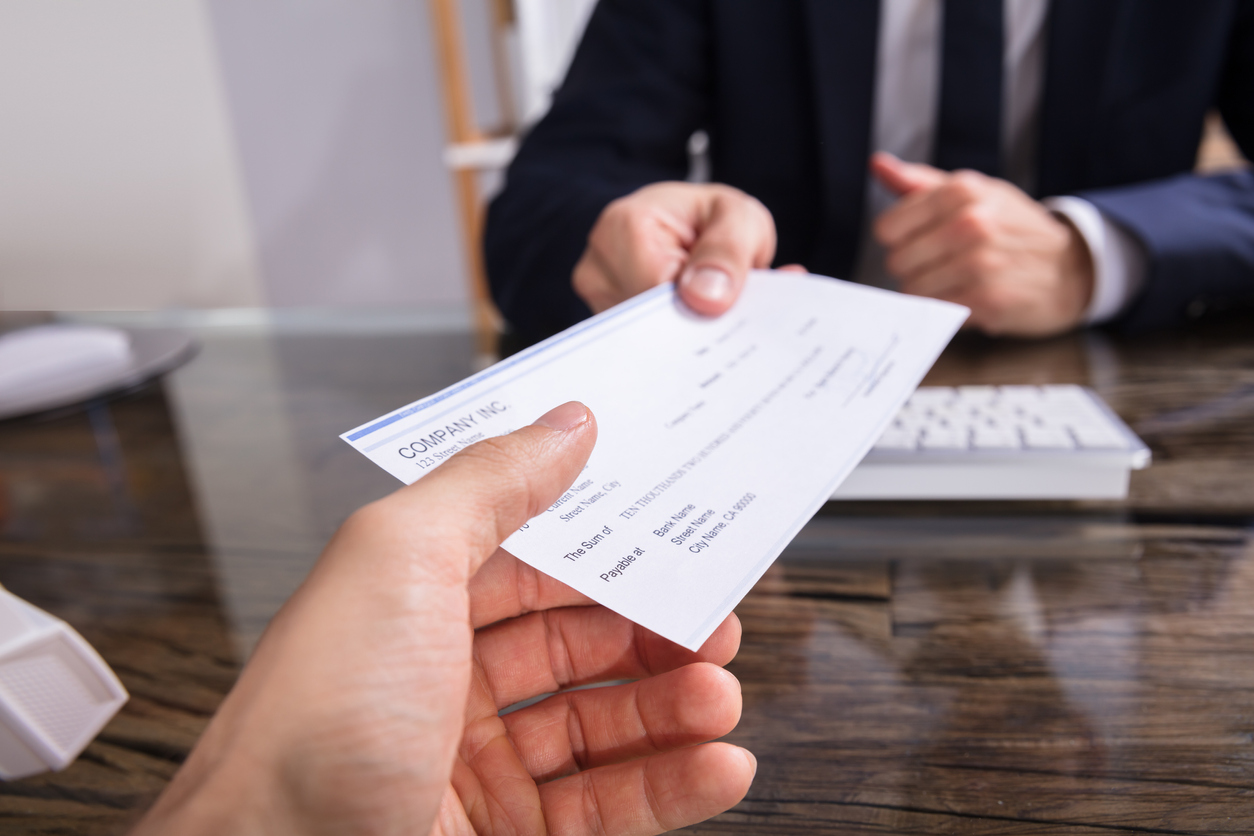I previously discussed the increasing number of “for sale” signs along the New Jersey Shore in Recovering Replacement Cost After Selling Unrepaired Property. Unfortunately, many of these homeowners are not able to sell their properties and are forced to default on their mortgages. Lately, a frequent question from insureds is, “what happens to my property insurance claim if my home goes into foreclosure?”
An important distinction is whether the loss to the home occurred before or after the foreclosure. New Jersey law provides:
- a mortgagee who forecloses and acquires title, and then a loss occurs, is entitled to the insurance proceeds up to the amount of the mortgage debt; but
- a mortgagee who forecloses on the property after the loss is not entitled to insurance proceeds, but may look to the mortgagor for any deficiency.1
In the scenario confronting many New Jersey homeowners following Superstorm Sandy, the loss occurred before the home entered foreclosure. Therefore, the insured has the right to maintain an insurance claim and is entitled to the insurance proceeds. However, the mortgagee can look to the insured for payment of any mortgage deficiency from the insurance proceeds.
Insureds should also consider that when the mortgagee is listed on the insurance policy as having an interest in the property, the mortgagee will also generally be named on a check from the carrier. A mortgagee is likely to retain the insurance proceeds up to the mortgage amount, and only release to the insured any recovery above and beyond the insured’s mortgage.
1 Certain Underwriters at Lloyd’s of London v. Alesi, 843 F. Supp. 2d 517, 536 (D. N.J. 2011).




